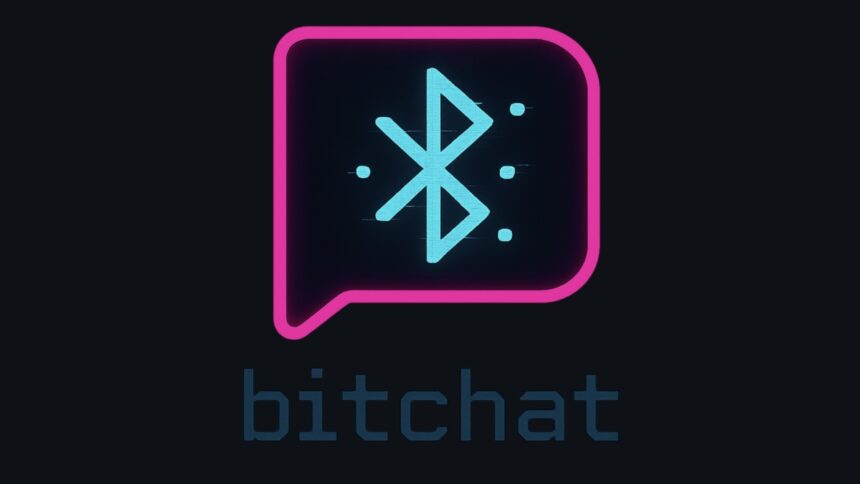Bitchat: A New Peer-to-Peer Messaging App from Jack Dorsey
Jack Dorsey, known for co-founding Twitter and Square, has introduced yet another innovative application named “bitchat.” This app is poised to shake up the social landscape in a unique way.
Unlike the conventional social media platforms like Twitter and Bluesky, bitchat focuses on peer-to-peer communication. Its distinguishing feature is that it does not rely on the Internet for functionality. Instead, it operates over Bluetooth technology, specifically employing Bluetooth Low Energy (BLE) mesh networks. This means that bitchat can remain operational even in instances where cellular or wifi networks are unavailable, providing an effective communication alternative during outages.
How Does Bitchat Function?
The workings of bitchat, as detailed in its white paper, rely on devices communicating with one another via BLE. When one device connects to another within Bluetooth range, it continues to relay messages as other devices join the network. These “local clusters” typically extend to a range of about 30-33 feet. Furthermore, “bridge nodes” facilitate connections between clusters when they are within proximity, enabling a form of extended messaging beyond standard Bluetooth limitations.
This method resembles how Apple’s Find My network operates, where devices like AirTags utilize Bluetooth to connect with nearby gadgets. However, unlike Find My, which requires an internet connection for updates, bitchat operates entirely through Bluetooth.
The messaging design also accounts for instances when users are not immediately available to receive messages. If the intended recipient is offline, messages sent to them will be temporarily stored for up to 12 hours. For users deemed “favorite peers,” messages can be stored indefinitely. The app applies end-to-end encryption to direct messages, while group chats can include password protection. Group discussion channels can easily be created with a name prefixed by a # sign (e.g., #channelname), and ownership of these chat groups can be transferred as needed.
Bitchat’s Current Security Considerations
While Dorsey has indicated that user privacy is a priority, it’s important to note that bitchat is still in its early stages. A warning on the app’s GitHub page states that its private messaging features have not undergone external security evaluations, which might lead to potential vulnerabilities. Users are advised against using the app for sensitive communications until further security reviews are conducted. The warning that some features could be insecure was apparently absent at launch.
Reports from TechCrunch have highlighted several security issues testers encountered during their usage. For example, one tester noted that it was possible to impersonate another user’s contact and trick the app into designating them as a “Favorite.” There were also concerns involving the “forward secrecy” feature aimed at enhancing encryption security, and another issue potentially allowing memory overflow, which could expose the app to hacking attempts.
This indicates that while bitchat has potential, its privacy and security features are yet to be fully robust. Therefore, it’s advisable to exercise caution if considering using the app, particularly for handling any sensitive information.
Getting Started with Bitchat
If you’re willing to accept the current security risks, bitchat is available for usage, though the setup process can be rather complex. There is a Beta program through TestFlight for iPhone and Mac, but it may already be at capacity.
For those looking to set it up on Mac, you can find three installation options on bitchat’s GitHub page: using XcodeGen, which is the recommended approach; leveraging Swift Package Manager; or manually creating an Xcode project by copying Swift files from the GitHub repository.
For now, it may be wise to wait until bitchat matures, especially for use on iPhone and Mac. However, if compatible peers are in your vicinity using the app, you may begin chatting right away.












